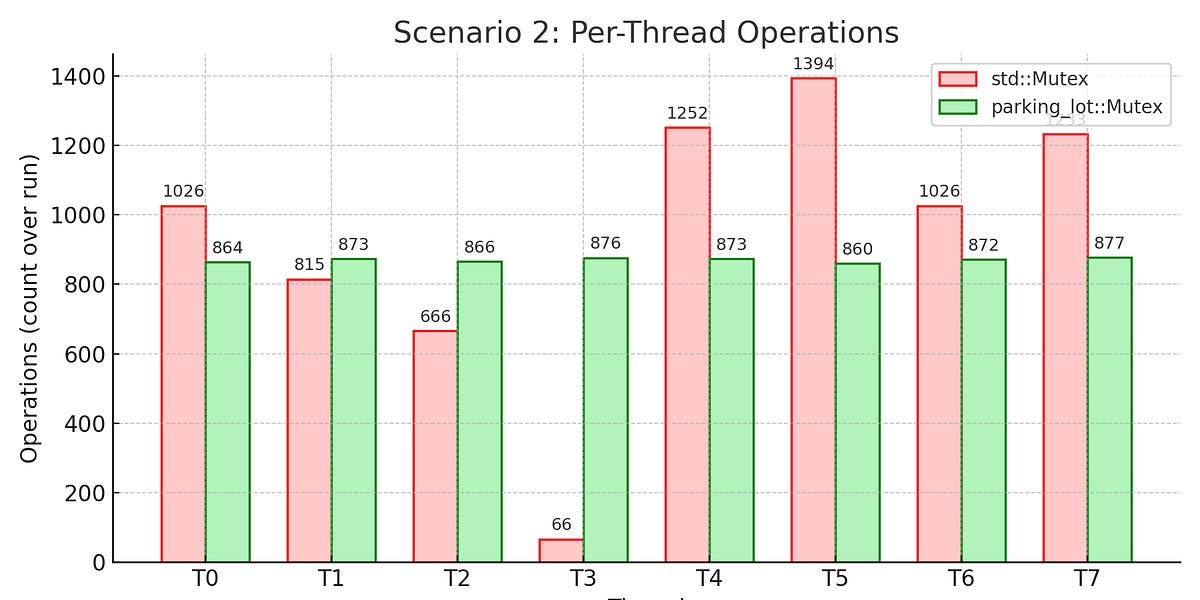If you want to predict how someone sees the future, ask them this: Are people a net cost or a net contribution? How they answer will tell you nearly everything about their worldview—whether they believe we’re doomed by our own numbers, or lifted by our collective imagination.
In Superabundance Unbound, Marian Tupy answers decisively: humans are not the problem—we’re the multiplier.
And the data? It backs him up.
For centuries, the specter of scarcity haunted human civilization. Thomas Malthus believed population growth would outstrip food production, leading inevitably to famine. More mouths meant fewer resources. Cue the doom.
That idea didn't just stick—it flourished. You’ve heard its modern refrains:
We’re running out of water.
We’re running out of food.
We’re running out of time.
But as it turns out, what we were really running out of was imagination.
Enter Julian Simon. In the 1980s, he made a famous wager with biologist Paul Ehrlich. Ehrlich picked five metals, betting their prices would rise due to scarcity. Simon bet they’d fall—because he believed human innovation would unlock more supply and smarter use.
A decade later, all five had dropped in price. Simon won. Ehrlich sent a check. No note.
The message? Resources aren’t fixed. Our understanding—and our ability to creatively manipulate the world—is the resource.
Tupy’s work with Gale Pooley takes Simon’s insight and applies it globally, building the Simon Abundance Index—a metric based not on prices alone, but on time prices: how many hours of work it takes to buy a basic good.
From 1980 to 2022:
The global population grew by nearly 80%.
The average time price of essential commodities fell by 65.5%.
For every 1% rise in population, personal resource abundance rose 2.39%.
The average person today gets nearly three times more value per hour of work than in 1980.
Let that sink in: In a world of 8 billion people, you work less to get more than your parents or grandparents did at 4 billion. That’s not collapse. That’s compounding.
So what makes the difference? If more people mean more minds, what unlocks those minds?
Tupy argues it’s culture, institutions, and incentives:
Cultural capital: A society that respects eccentricity and rewards problem-solving produces more Einsteins and Musks.
Human capital: Health, education, and trust all increase the capacity to create.
Intellectual capital: Ideas, freely shared, recombine into new solutions.
Financial capital: Access to markets, investment, and risk-sharing accelerates progress.
And above it all: freedom—the freedom to try, to fail, and to build again.
Yes, the world has limits. But as Tupy reminds us, the number of ways to rearrange atoms is infinite. Our task isn’t to huddle in fear of what we don’t have—it’s to unlock what we can have through better arrangements, smarter substitutions, and relentless recombination.
You don’t need to believe in utopia to see this. You just need to believe in people.
People who, when prices go up, find new sources or invent replacements. People who, when shortages loom, de-materialize entire industries. People who, despite setbacks, keep creating anyway.
That’s not just resilience. That’s superabundance.
We’re not playing to win and walk away. We’re playing to keep playing—to create, to learn, to explore, to live better than we did yesterday. That’s what makes this an infinite game.
And the key players? They're not the ones shouting collapse from the rooftops. They’re the quiet builders, the relentless tinkerers, the eccentric visionaries, and yes, the next billion people yet to be born.
If we build the right systems, if we champion the right ideas, they will build wonders we can’t even dream.
And that’s the bet I’m placing.
On people. On progress. On the infinite game.
.png)



